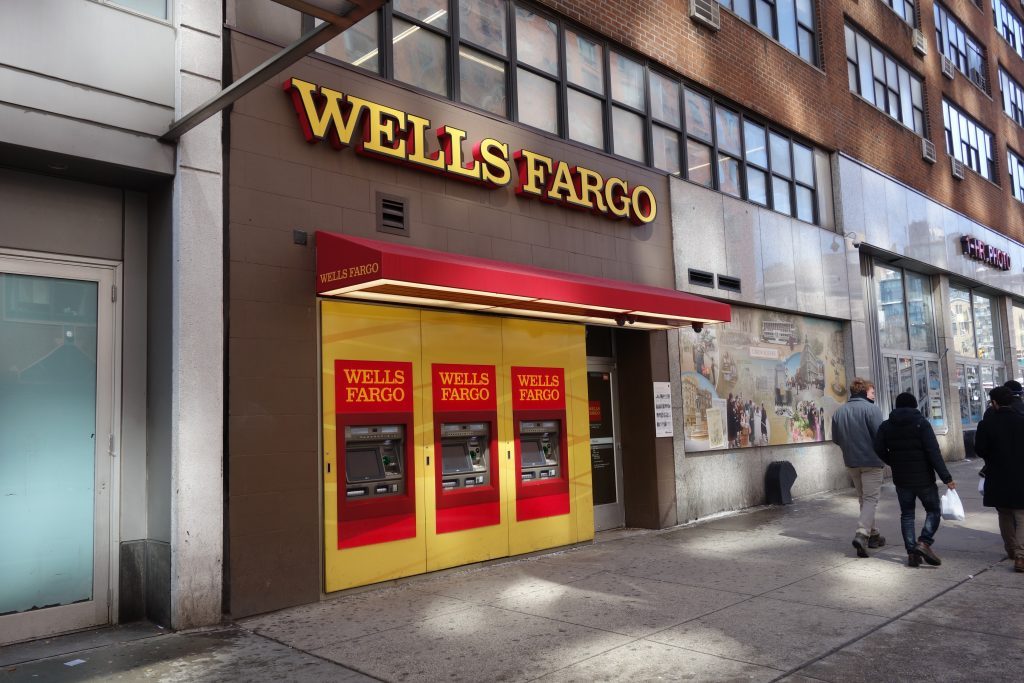Wells Fargo Settles Fake Accounts Case For $3 Billion

Wells Fargo has agreed to pay $3 billion to settle criminal and civil investigations launched by the U.S. Department of Justice over the bank’s fraudulent opening of millions of accounts between 2002 to 2016.
A criminal investigation on Wells Fargo has found that “thousands” of the bank’s employees have created millions of accounts without consent from customers in an apparent attempt to fulfill the company’s unrealistic sales goals.
“This case illustrates a complete failure of leadership at multiple levels within the bank,” said U.S. Attorney Nick Hanna. “Simply put, Wells Fargo traded its hard-earned reputation for short-term profits, and harmed untold numbers of customers along the way.”
In addition the the $3 billion payment, the San Francisco-based company has also agreed to admit its part in unjustifiably collecting millions in fees and interest, harming its customers’ credit ratings, and misusing sensitive personal information of clients.
Wells Fargo will also continue to cooperate with ongoing investigations as part of the three-year deferred prosecution agreement.
The fraudulent accounts created by the bank’s employees included checking and savings accounts, credit and debit cards and bill pay services. The employees reportedly created false records and forged customers’ signatures to open the fraudulent accounts.
The bank will avoid criminal prosecution as part of the settlement, which only pertains to the company. Former employees or executives implicated in the scandal will not be offered any protections from prosecution, according to ABC News.
The Justice Department clarified that the settlement does not include investigations into similar conduct that falls before or after the 14-year period.
Former Wells Fargo CEO John Stumpf, who managed the bank at the time of the scandal, has been ordered by the Office of the Comptroller of the Currency to pay $17.5 million in fines last month. He has also been prohibited from working in a bank again, CNBC reported.
Carrie L. Tolstedt, the company’s former head of retail banking, is currently contesting a fine amounting to $25 million, according to New York Times. The Justice Department did not mention Tolstedt by name in the court papers but she was referred to as “Executive A” who served as the “senior executive vice president in charge of the community bank” from 2007 to 2016.
The court papers noted that Executive A was responsible for tightly controlling the company’s public disclosures and was said to have ignored the concerns raised by other executives regarding cross-selling, according to The New York Times.
The bank’s current CEO Charlie Scharf issued a statement denouncing the scandal. “The conduct at the core of today’s settlements — and the past culture that gave rise to it — are reprehensible and wholly inconsistent with the values on which Wells Fargo was built,” he said.
“Our customers, shareholders and employees deserved more from the leadership of this Company. Over the past three years, we’ve made fundamental changes to our business model, compensation programs, leadership and governance.”
The Securities and Exchange Commission will be distributing $500 million out of the $3 billion penalty to the bank’s investors.
The Federal Reserve imposed growth restrictions on Wells Fargo in 2018 as a result of the scandal. The restrictions will only be lifted after the company has shown that it has taken appropriate measures to prevent similar misconduct from happening in the future.
Wells Fargo reported a net profit of $19.5 billion in 2019. Last month, the company reported a $2.9 billion fourth-quarter net profit, down from $6.1 billion the previous year.